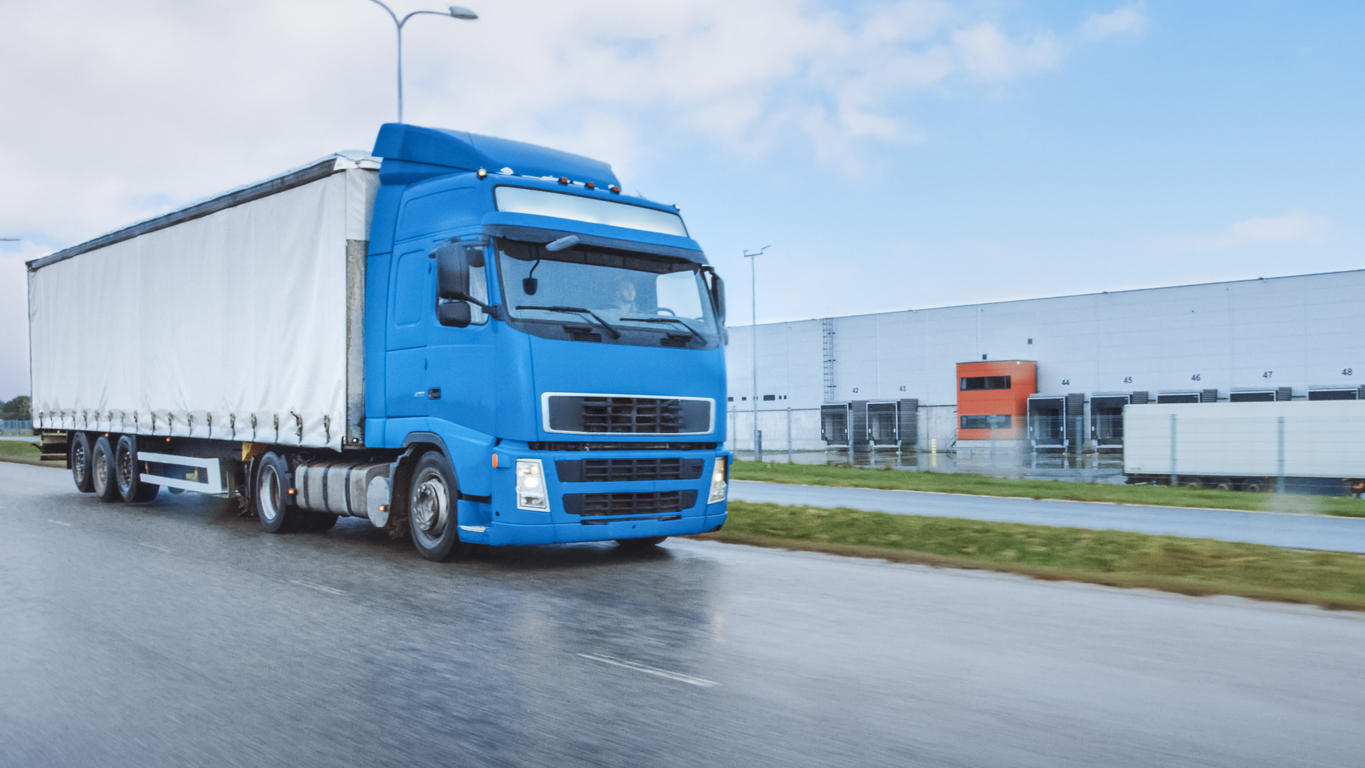Kibbey Wagner Injury & Car Accident Lawyers Stuart | November 1, 2023 | Truck Accidents

What is a Commercial Driver’s License (CDL)? A CDL is the license you need to operate heavy, large, or hazardous materials vehicles in commerce. Although most CDLs are valid for driving throughout the United States, the federal government does not issue them—only state governments do.
To obtain a CDL, you must first obtain a learner’s permit. You obtain commercial driving privileges by qualifying for a basic CDL and then earning various endorsements.
Commercial Learner’s Permit (CLP): The Prerequisite
Just as you must hold an ordinary, non-commercial driver’s license to test for a CDL, you must also hold a Florida Commercial Learner’s Permit CLP. Although most people do hold ordinary driver’s licenses, most people do not hold CLPs. To obtain a CLP, you must:
- Hold an ordinary Florida driver’s license (the kind that is issued to nearly every motorist).
- Prove your identity, your residency, and your entitlement to work in the U.S.
- Submit your driving record over the last 10 years for inspection;
- Pass vision and medical exams;
- Pass a knowledge exam;
- Prove that you have no previous CDL disqualifications.
Once you receive your CLP. you will have to wait at least another two weeks before you can test for a CDL. Use this time to practice.
Commercial Driver’s Licenses (CDLs)
The CDL test consists of multiple knowledge tests and skills tests. Florida issues three main types of commercial driver’s licenses. You can seek a Class A license, a Class B license, and a Class C license. The requirements for each one are different.
- A Class A License entitles you to drive trucks weighing more than 26,000 lbs and tow a vehicle/unit over 10,000 lbs. You must pass three knowledge tests, not including tests for any additional endorsements. You must also pass three skills tests, including a road test and a vehicle inspection test.
- A Class B License entitles you to operate straight trucks and buses weighing more than 26,000 lbs. You must pass two knowledge tests, not including additional tests for any endorsements you may seek. You must also pass three skills tests, including a road test and a vehicle inspection test.
- A Class C license entitles you to (i) transport hazardous materials or (ii) transport more than 15 people with a truck weighing 26,000 lbs or less. You must pass two knowledge tests, not including tests for any additional endorsements. You must also pass three skills tests, including a road test and a vehicle inspection test.
You can hold more than one type of CDL at the same time if you qualify for each one independently.
Restricted Licenses
Following is an abbreviated list of some of the restrictions that the state might place on your commercial driving privileges, depending on the circumstances.
- Automatic transmission only;
- Corrective lenses required;
- Daylight operation only;
- Hearing aid required; and
- Driving permitted with prosthetic aid only.
Other restrictions are possible as well.
Endorsements
Endorsements represent permission to perform a specific task that requires skills beyond those required for a general Class A, Class B, or Class C license.
- H Endorsement: Hauling hazardous materials:
- N Endorsement: Driving tankers with gases and liquids.
- P Endorsement: Driving passenger buses.
- S Endorsement: Driving school buses (but driving a school bus requires an additional federal endorsement).
- T Endorsement: Driving double and triple trailers.
- X Endorsement: Driving tankers trucks hauling hazardous materials.
An endorsement is affixed to your existing Class A, Class B, or Class C CDL.
Out-of-State and Military CDLs
Florida recognizes out-of-state and Canadian CDLs. If you have an out-of-state or Canadian CDL with a hazmat endorsement, however, you will have to re-qualify for the hazmat endorsement.
Florida does not recognize CDLs from US territories other than Washington, DC (it does not recognize Puerto Rican CDLs, for example). Neither does it recognize CDLs from foreign countries other than Canada.
If you hold a CDL from a jurisdiction that Florida does not recognize, you will have to undergo all testing just as a beginner would,
A Truck Accident Lawyer Can Help
Were you injured in a car accident with a commercial vehicle such as a truck? Many commercial vehicles are unusually large vehicles carrying great momentum as they travel down the road. This alone renders them dangerous.
Additionally, some commercial vehicles carry hazardous materials that represent an independent danger. Contact a Florida truck accident lawyer for a free initial consultation.
Contact KW Stuart Personal Injury & Car Accident Lawyers For Help Today
For more information, please contact the Stuart truck accident law firm of KW Stuart Personal Injury & Car Accident Lawyers to schedule a free consultation today.
We proudly serve Martin County and its surrounding areas in Florida:
KW Stuart Personal Injury & Car Accident Lawyers – Stuart
73 SW Flagler Ave
Stuart, FL 34994
(772) 444-7000